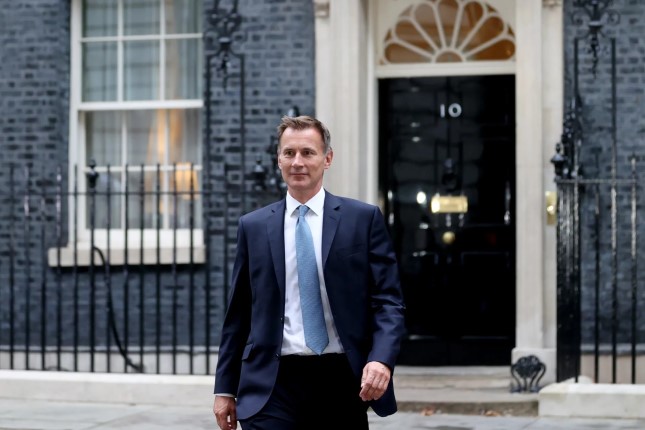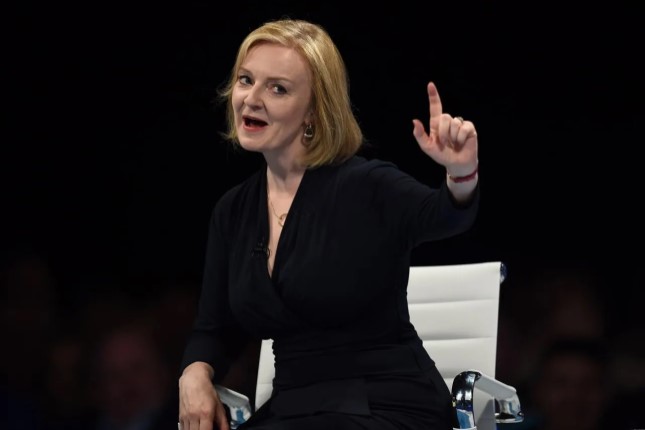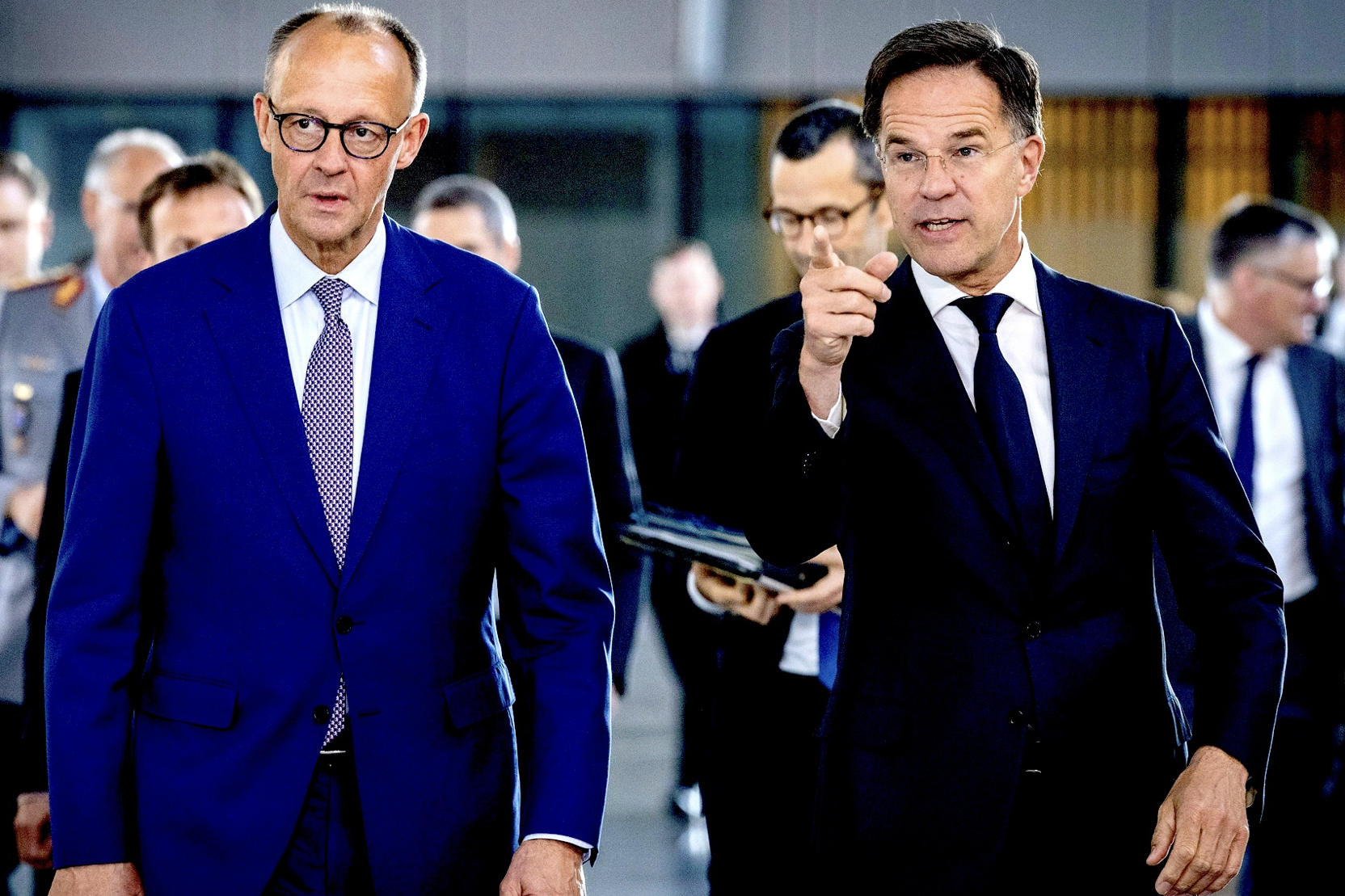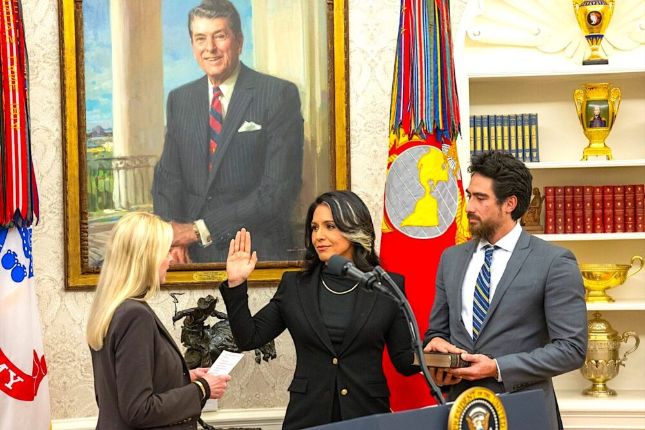Members of the British Conservative Party seem to have been carried away with "palace coups". Having overthrown their leader Boris Johnson in July, they are Britain's Conservative Party members who seem to have been carried away by "palace coups". Liz Truss's premiership may become the shortest in British history, about a month and a half. Despite her attempts to imitate Margaret Thatcher's work style, Truss failed to become an Iron Lady.
Her irrepressible populism failed her. She was so eager to take up the post of Prime Minister that she made many unrealizable promises during the election campaign. Not to raise the corporate tax, freeze the increase in the excise tax on alcohol, cancel VAT on tourists' purchases, and lower the tax on citizens' income and real estate transactions. In addition, Truss planned to increase funding for the country's Defense Ministry and help needy households pay their utility bills.
The British economy shuddered when the British Treasury on September 23 (the name of the country's Finance Ministry) announced that such generosity would cost the budget USD 50 billion. The pound sterling began to become cheaper, and the attractiveness of British debt obligations began to decrease. It forced the country's pension funds to get rid of them, which created a risk for citizens' savings.
As a result, Liz Truss fired Finance Minister Kwasi Kwarteng and replaced him with Jeremy Hunt, who was considered an experienced economist by the investors. The new head of the Treasury cancelled the plans of his leader and replaced them with opposing ones. All in all, it saved the budget USD 36 billion. However, such a 180-degree turn became detrimental to the reputation of Liz Truss, and an increasing number of votes in the Conservative Party sought Liz Truss's ouster.

Jeremy Hunt.
One of the most obvious candidates for the replacement is Rishi Sunak, who lost to the current Prime Minister in the party elections in July. Sunak warned that Liz Truss's promises were children's fairy tales that would undermine the budget, which eventually came out. It gives him a great deal of credibility. And now, according to the apt remark of The Guardian newspaper, at a "dinner of grown-ups", senior MPs are trying to find a way out of the crisis. They believe they will offer Rishi Sunak to fellow Penny Mordaunt, who also lost to Liz Truss during the premiere race, as a unity pairing.

Rishi Sunak.
Another option for the Conservative Party may be Boris Johnson's return to the post. Which, however, will finally turn the Tories into a laughing stock. Essentially, there are no reasonable solutions for them now. To expel Truss means to sign their incompetence. If the current Prime Minister retains the post, she will still drag the entire party to the electoral bottom. Truss's approval rating reaches new lows, minus 70 per cent.
Besides, she does not run the country. Of the economic situation, it is clear that all significant decisions are made by Jeremy Hunt - another contender for the Prime Minister's post. Even though Hunt did not perform very successfully in the last two internal party elections, now he has every chance to manifest himself.
Meanwhile, Liz Truss can hold on to the Prime Minister's chair. The fears of her party members to finally bury their chances to get re-elected play in her favour, but also the rules of the Tories, which give the party leader immunity from a no-confidence vote. Truss so far refuses to resign at will. Although, the Prime Minister's questions, which traditionally take place in the House of Commons on Wednesdays, can change everything. If the party members demonstrate to their leader that she must resign (as with Boris Johnson), Liz Truss will probably comply. Truss probably will not be able to rule the country without the support of the party members.

































